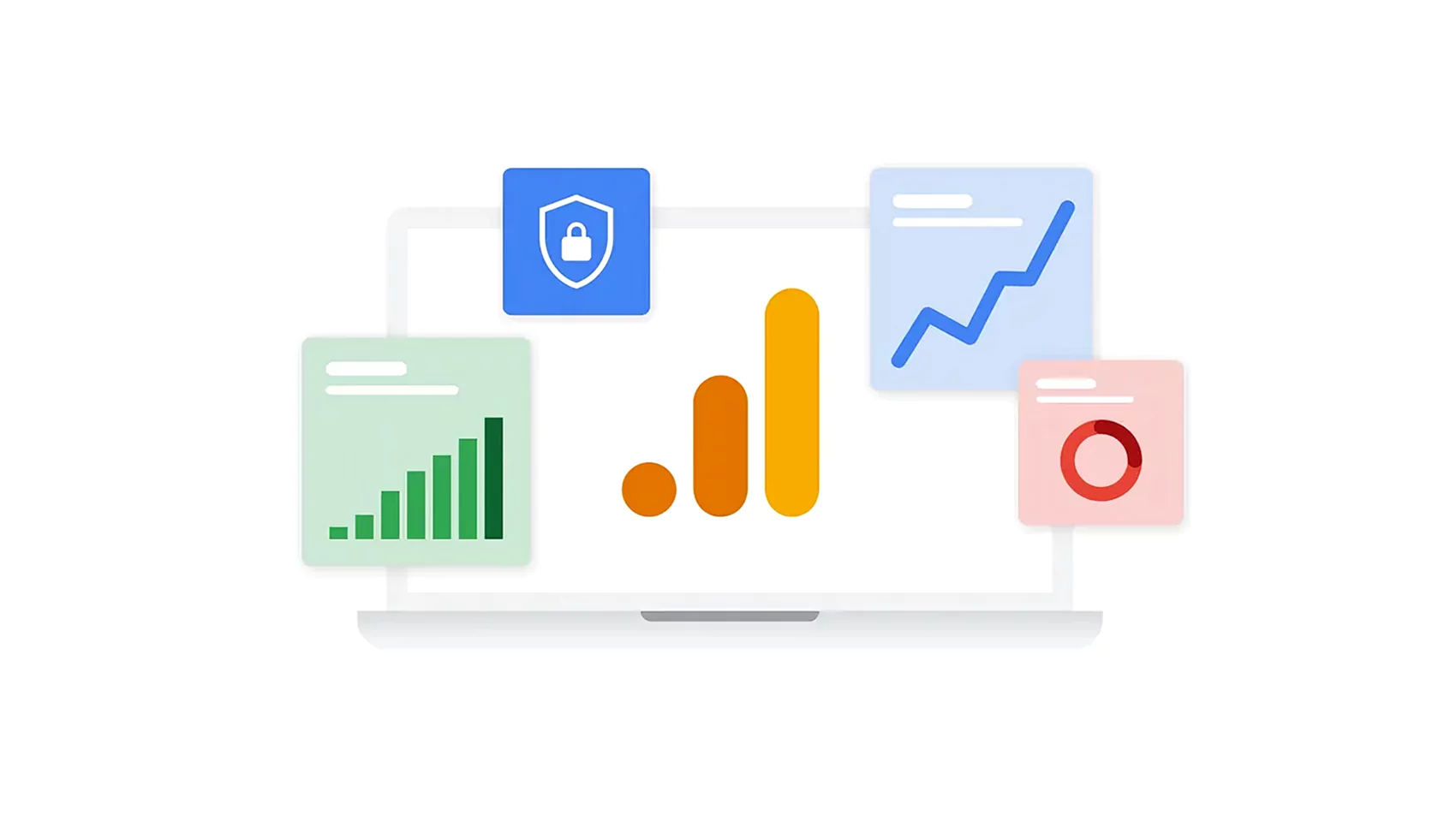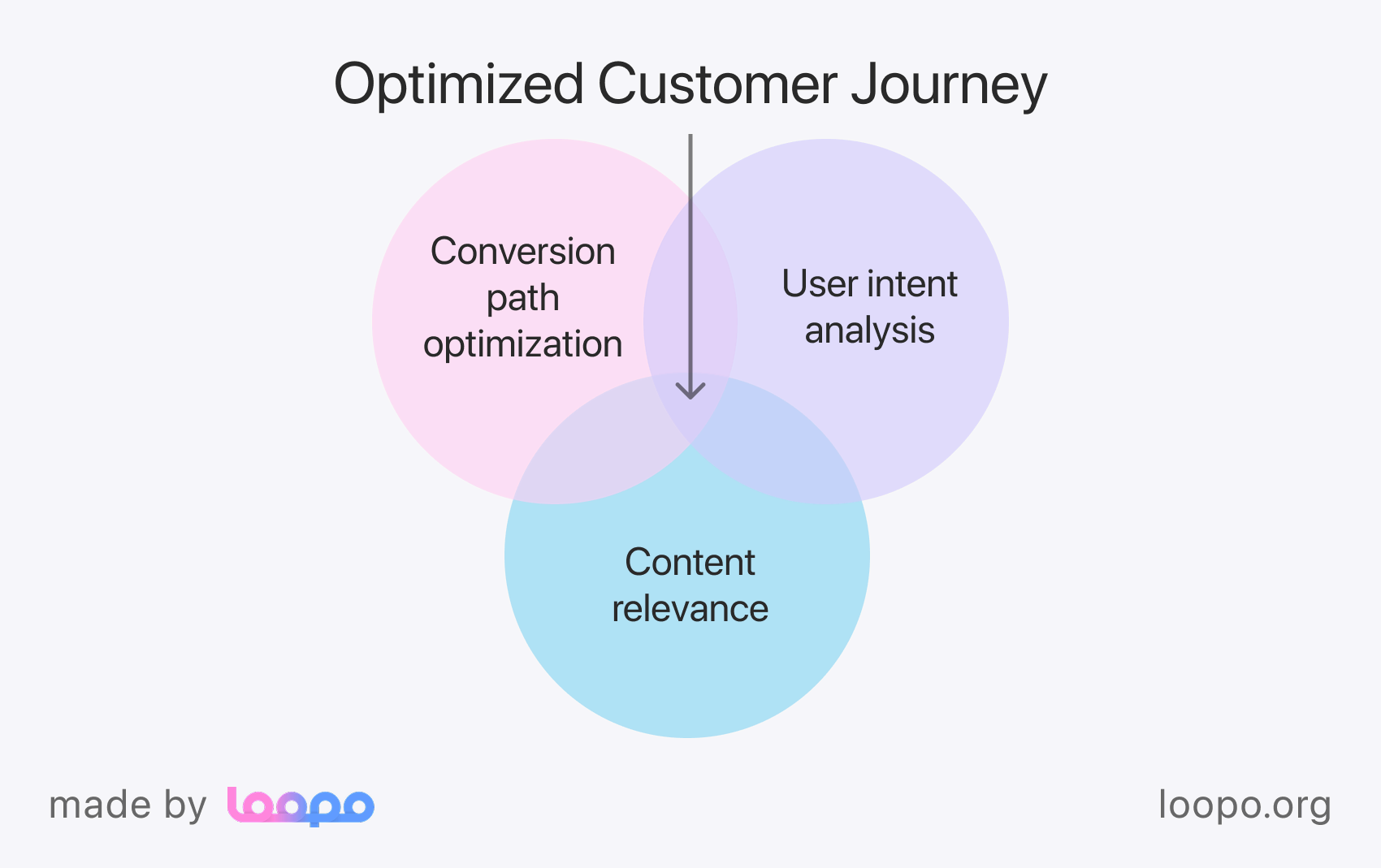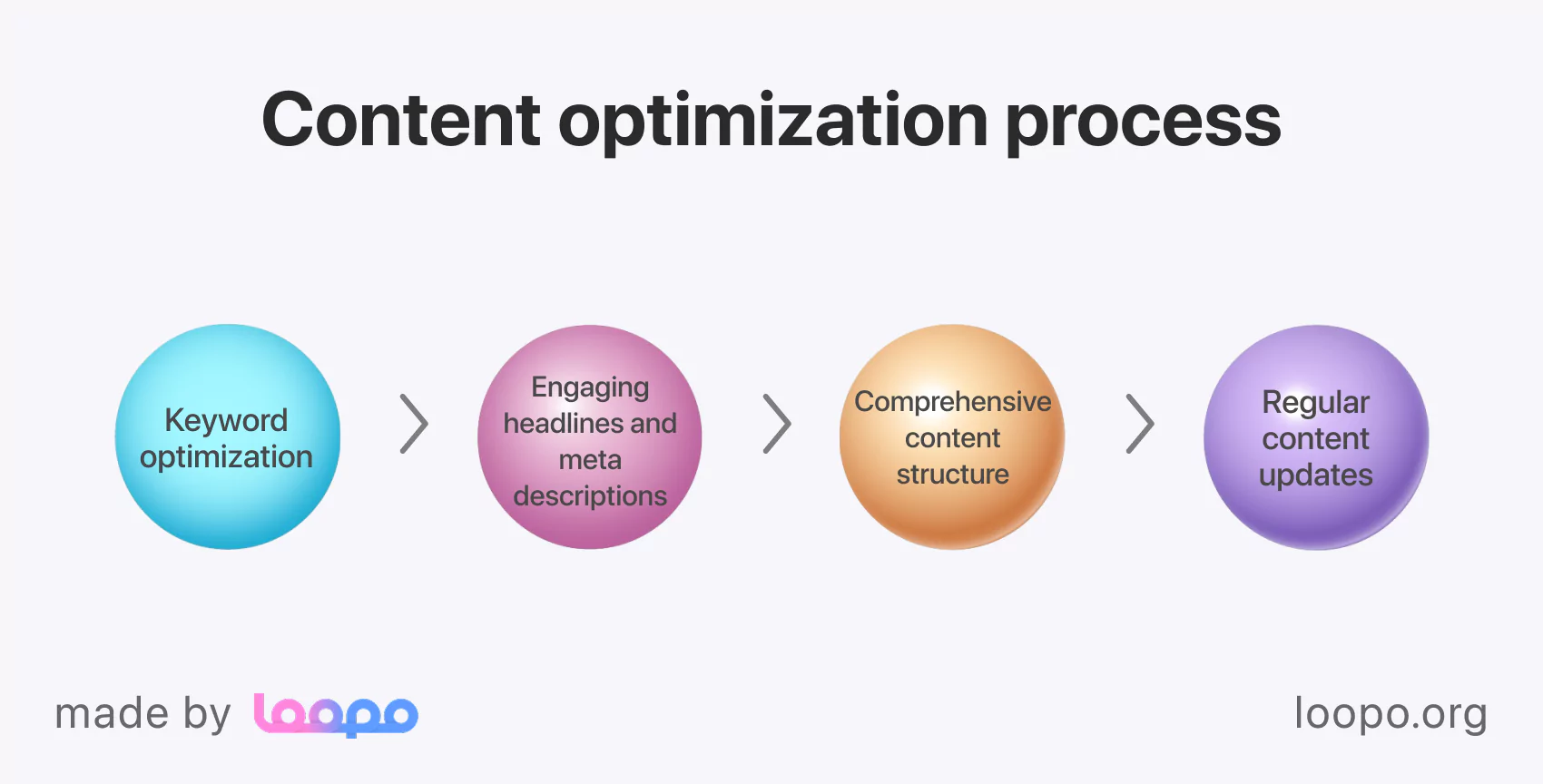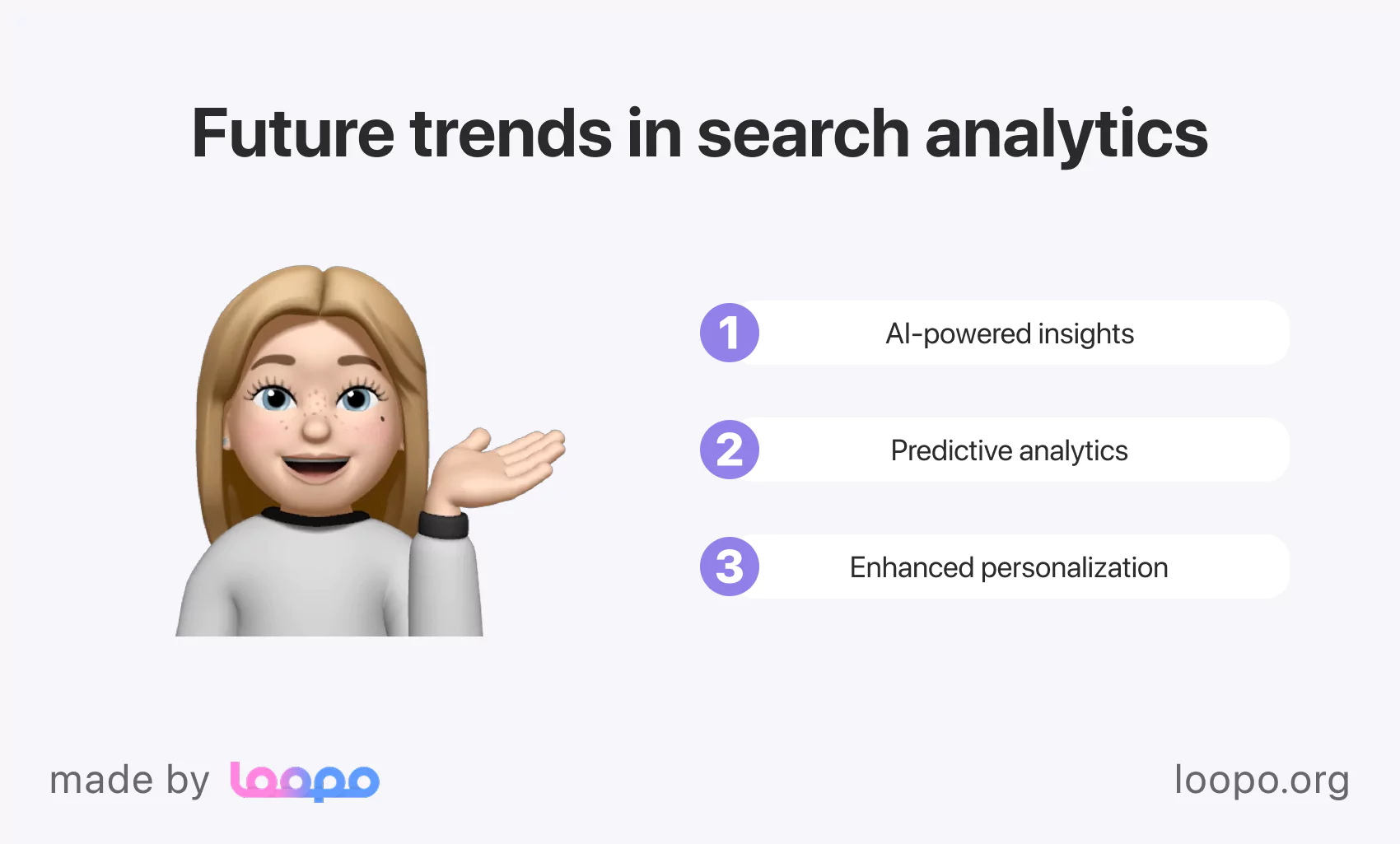Organic Search Analytics: A Complete Guide

Organic search analytics has become a cornerstone for marketing agencies looking to harness the full potential of search engine data. In today's digital landscape, understanding how organic traffic behaves and contributes to business growth is essential. This comprehensive guide is designed to help you explore the nuances of organic search analytics, understand its importance, and apply actionable insights to your marketing strategy.
Organic search analytics involves measuring and interpreting data related to your website's performance in search engine results. By analyzing metrics like organic traffic, click-through rates, and user behavior, you gain valuable insights into how well your content is resonating with your target audience. This data not only helps you fine-tune your content strategy but also guides your overall digital marketing efforts.

Understanding organic search analytics
The digital world thrives on data. At its core, organic search analytics is about making sense of the numbers behind your website’s performance. Whether you are using tools like Google Analytics or a searchmetrics website analyzer, the objective remains consistent—extract meaningful insights from your organic search data to drive growth.
The role of organic traffic in marketing
Organic traffic refers to visitors who land on your website as a result of unpaid search engine results. Unlike paid campaigns, organic traffic is a byproduct of a well-optimized site that meets the needs and interests of its audience. When you dive deep into organic traffic analysis, you learn not only where your visitors are coming from but also how they interact with your content. This is especially true when leveraging tools such as organic traffic Google Analytics reports.
In addition, platforms like Google Analytics organic and organic google analytics help clarify your website’s performance by highlighting key metrics such as bounce rate, session duration, and conversion rates. These insights are vital for understanding the true impact of your content and SEO strategies.
Differentiating between organic and direct traffic
A fundamental concept in organic search analytics is the distinction between organic search traffic and direct traffic. While organic search traffic originates from search engines, direct traffic comes from users who visit your site by entering your URL directly into their browser. Many marketers rely on organic search Google Analytics definition and other comparative metrics like google analytics direct vs organic to discern the unique contributions of each channel.
This differentiation is crucial. By knowing whether your visitors are arriving via a search engine or directly, you can tailor your content strategies accordingly. For instance, if you notice a drop in organic search traffic, you may need to revisit your SEO practices and refine your keywords and content relevance.
The importance of data-driven insights
Data-driven insights empower marketing agencies to make informed decisions. Organic search analytics provides a treasure trove of information that reveals not only how your site is performing but also highlights areas for improvement. Here are some key benefits:
Enhanced content strategy: By understanding which keywords and topics are driving organic traffic, you can tailor your content to better meet audience demand.
Optimized SEO efforts: Continuous monitoring of organic search traffic through tools like google search analyze allows you to adapt your SEO strategy in real time.
Better user experience: Organic traffic analysis reveals user behavior patterns, enabling you to optimize your website layout and navigation.
How Google Analytics supports organic search analytics
Google Analytics remains one of the most popular tools for measuring organic search performance. Its comprehensive suite of features allows you to track everything from overall website visits to the minutiae of user interactions. By comparing organic traffic data with other channels, you gain a clearer picture of your site's overall performance.
For example, using google analytics organic reports, you can identify which landing pages attract the most visitors and determine their engagement levels. This information is vital for planning future content and refining your marketing strategy. Moreover, understanding the differences highlighted in google analytics direct vs organic reports helps you allocate resources more efficiently.

Transitioning into actionable analytics
The journey of organic search analytics doesn’t stop at data collection. The real value lies in transforming these numbers into actionable strategies. Analyzing organic traffic involves more than just tracking visits; it requires a thorough understanding of user intent and behavior. This approach helps in fine-tuning your content, improving site performance, and ultimately increasing conversions.
When you combine insights from organic search traffic Google Analytics data with other performance metrics, you create a robust framework for enhancing your digital marketing initiatives. For instance, metrics like bounce rate and average session duration can provide clues about content relevance and user engagement. This holistic view is key to staying ahead in a competitive digital environment.
The evolving landscape of search analytics
Digital marketing is dynamic, and so is organic search analytics. As search engine algorithms evolve, the strategies that once delivered stellar organic traffic may no longer be as effective. This evolution requires marketers to continually adapt and refine their approaches. Staying updated with the latest trends in organic search analytics is crucial. Tools and techniques that were once standard may now be supplemented with advanced data visualization and machine learning insights.
The evolving nature of search analytics means that periodic reassessment of your digital strategy is essential. Marketers must continuously monitor changes in consumer behavior, update keyword strategies, and adjust content to align with current trends. This proactive approach ensures that your website remains competitive and continues to attract high-quality organic traffic.
As you journey through this guide, you will discover how to effectively leverage organic search analytics to boost your marketing efforts. We will explore in detail various tools, techniques, and best practices that are vital for understanding and optimizing your organic search performance. In the following sections, we will delve deeper into specific methodologies and practical steps that you can implement immediately.
Key metrics for organic search analytics
Understanding and tracking key metrics is vital to any successful organic search analytics strategy. In this section, we delve into the core measurements that define the performance of your organic search efforts. By focusing on these metrics, you can identify trends, evaluate content effectiveness, and adjust your strategies for improved outcomes.
Tracking visitor behavior
Organic traffic is more than just numbers—it represents user engagement and interest. To gauge visitor behavior, it is essential to analyze metrics such as:
Click-through rate (CTR): This shows the percentage of users clicking on your site from search results. A higher CTR often signals compelling meta titles and descriptions.
Bounce rate: This metric reveals the percentage of visitors who leave after viewing only one page. A high bounce rate may indicate issues with content relevance or site usability.
Average session duration: Measuring the time users spend on your site provides insights into engagement levels and content quality.
Using tools like google analytics organic data can help you monitor these behaviors. It is important to compare these metrics over time to spot trends and identify areas for improvement.

Evaluating landing page performance
Landing pages play a crucial role in organic search traffic. They are often the first point of contact for visitors who find your site via search engines. By evaluating the performance of these pages, you can determine which content resonates best with your audience.
Consider these approaches when evaluating landing pages:
Monitor exit rates: High exit rates on specific pages might indicate that the content does not meet user expectations.
Assess conversion metrics: Determine which landing pages are driving desired actions, whether it’s signing up for a newsletter or making a purchase.
Utilize A/B testing: Experiment with different layouts and calls to action to see which variations improve user engagement.
This analysis not only enhances your understanding of organic search traffic but also guides adjustments in your content and design strategies.
Advanced techniques in organic traffic analysis
Beyond basic metrics, advanced techniques can elevate your organic search analytics strategy. By integrating multi-channel data and employing segmentation, you can uncover deeper insights.
Multi-channel analysis
Multi-channel analysis involves comparing organic search data with other traffic sources. This method helps you understand the broader context of your user acquisition strategy. For example, analyzing google analytics direct vs organic data can reveal how much of your site’s performance is driven by organic searches versus direct traffic.
Audience segmentation
Segmenting your audience based on behavior, demographics, or source can provide tailored insights. With organic traffic analysis, segmentation allows you to:
Identify which segments are most engaged.
Tailor content to meet the specific needs of different audience groups.
Develop personalized marketing strategies that increase overall engagement and conversion rates.
These advanced techniques help refine your strategy and ensure that your marketing efforts are data-driven and highly targeted.
Integrating organic search analytics tools
A variety of tools can enhance your ability to gather and analyze organic search data. One of the most widely used is Google Analytics. However, several other tools offer additional insights that can complement your analysis.
Google Analytics and its functionalities
Google Analytics remains a staple in digital marketing due to its comprehensive features:
Real-time data tracking: Monitor live user activity on your website.
Customizable dashboards: Create tailored views that focus on the metrics most important to your business.
Detailed reporting: Generate in-depth reports that provide insights into organic search traffic, user behavior, and conversion rates.
These features make Google Analytics indispensable for any marketing agency looking to maximize its organic search analytics efforts.
Complementary tools
Apart from Google Analytics, tools such as searchmetrics website analyzer provide additional layers of analysis. These tools can help you:
Benchmark your website against competitors.
Identify emerging trends in organic search performance.
Pinpoint technical issues that may affect your SEO.
By using a combination of tools, you can ensure a holistic approach to organic search analytics that covers both broad trends and specific details.
Integrating data into actionable strategies
Collecting data is only half the battle. The true value of organic search analytics lies in transforming insights into concrete actions. To do this, it is important to establish clear goals and regularly review performance metrics.
Setting realistic objectives
Begin by defining what success looks like for your organic search efforts. This could be an increase in website traffic, improved engagement metrics, or higher conversion rates. Once your objectives are in place, use the data to:
Identify underperforming pages.
Allocate resources to high-potential areas.
Adjust keyword strategies to align with evolving trends.
Developing an action plan
An effective action plan should be iterative and data-driven. Incorporate regular reviews of your organic search analytics to:
Monitor progress against your set objectives.
Experiment with different content approaches.
Adjust strategies based on real-time data feedback.
This approach ensures that your digital marketing efforts remain agile and responsive to changes in user behavior and search engine algorithms.
Enhancing the customer journey
A critical component of organic search analytics is understanding and improving the customer journey. By mapping out the entire user experience, you can identify friction points and optimize the flow from initial search query to conversion.
User intent analysis: Delve into why users are searching for certain keywords. This helps in creating content that directly addresses their needs.
Content relevance: Ensure that the content on your landing pages matches the intent behind the search queries that lead users to your site.
Conversion path optimization: Streamline the process from landing on the site to taking the desired action. This might involve simplifying forms or improving navigation.
Each of these elements plays a crucial role in ensuring that your organic traffic translates into meaningful interactions and conversions.

By integrating these insights and techniques, marketing agencies can leverage organic search analytics to create robust, user-focused strategies that drive measurable results. The combination of detailed metrics, advanced analysis techniques, and actionable insights forms the backbone of a successful digital marketing strategy.
As you prepare to move forward in this guide, remember that the continuous improvement of your strategies is key. Regularly revisit your data, adapt to new trends, and fine-tune your approaches to stay ahead of the competition.
Strategies for improving organic search performance
Improving organic search performance requires a strategic approach that goes beyond monitoring metrics. It involves proactive steps to optimize content, refine user experience, and adapt to search engine algorithm updates. In this section, we discuss actionable strategies that can boost your website’s organic performance and ensure that your efforts translate into measurable results.
Optimizing content for organic search
Quality content is at the heart of organic search analytics. Crafting content that resonates with your audience and meets search engine standards is crucial for sustained success. Here are some best practices to consider:
Keyword optimization: Integrate your primary keyword, organic search analytics, along with secondary keywords such as organic traffic Google Analytics and organic search google analytics definition, naturally into your content. Focus on creating content that answers user queries effectively.
Engaging headlines and meta descriptions: These elements serve as the first impression in search results. Ensure they are concise, engaging, and accurately reflect the content of your pages.
Comprehensive content structure: Break your content into digestible sections with clear headings and subheadings. This enhances readability and helps search engines understand the context of your pages.
Regular content updates: The digital landscape is dynamic. Regularly update your content to reflect new trends, insights, and algorithm changes. This ongoing effort signals to search engines that your site is current and relevant.

Enhancing user experience and site performance
User experience plays a pivotal role in organic search analytics. When users have a positive experience on your site, they are more likely to engage with your content and convert. Consider these strategies to enhance user experience:
Site speed optimization: Fast-loading pages contribute significantly to user satisfaction. Use tools like Google PageSpeed Insights to identify areas for improvement.
Mobile responsiveness: With a growing number of users accessing websites on mobile devices, ensure your site is optimized for mobile browsing.
Intuitive navigation: A well-structured website that is easy to navigate can reduce bounce rates and improve session duration. Organize your content logically and provide clear calls to action.
Visual content integration: High-quality images and videos break up text and enhance engagement. Ensure your multimedia elements are optimized for fast loading and include appropriate alt and title tags.
Leveraging advanced SEO techniques
Beyond the basics, advanced SEO techniques can elevate your organic search performance. These methods involve a deeper analysis of user behavior, competitive insights, and technical aspects of your website.
Structured data implementation
Implementing structured data, such as schema markup, helps search engines understand your content better. This can lead to enhanced search results features like rich snippets, which can improve click-through rates. Structured data can be used for various types of content, including articles, products, and events.
Voice search optimization
With the rise of smart devices and virtual assistants, voice search is becoming increasingly important. Optimizing for voice search involves:
Focusing on natural language and conversational keywords.
Creating content that answers common questions succinctly.
Ensuring your website is mobile-friendly and loads quickly.
Local SEO enhancement
For marketing agencies targeting specific geographic areas, local SEO is vital. Optimize your website for local search by:
Claiming and updating your Google My Business listing.
Encouraging satisfied customers to leave reviews.
Including location-specific keywords in your content.
Monitoring and adjusting your strategy
Organic search analytics is not a set-it-and-forget-it solution. Continuous monitoring and iterative improvements are essential for long-term success. Develop a routine to regularly analyze your data, test new approaches, and fine-tune your strategy.
Setting up performance benchmarks
Establish performance benchmarks to measure the success of your organic search initiatives. Use historical data from tools like Google Analytics to set realistic targets for metrics such as organic traffic, session duration, and conversion rates. Regularly compare your current performance against these benchmarks to identify trends and areas for improvement.
Conducting periodic audits
Regular website audits help identify technical issues, content gaps, and areas where your SEO strategy may be falling short. These audits should include:
Technical SEO audits: Check for broken links, duplicate content, and issues with page speed.
Content audits: Evaluate the performance of your existing content and update or remove outdated information.
Competitive analysis: Assess how your website stacks up against competitors. Use tools like searchmetrics website analyzer to gain insights into your competition’s strengths and weaknesses.
Utilizing A/B testing
A/B testing is a powerful technique to determine which changes have the most impact on your organic search performance. Test different variations of landing pages, calls to action, and content layouts. Analyze the results to make data-driven decisions that enhance user engagement and conversion rates.

Incorporating case studies and best practices
Real-world examples and case studies provide valuable insights into what works in organic search analytics. Look for success stories within your industry to understand the strategies that drove significant results. Analyze these case studies to extract best practices that you can tailor to your own marketing efforts.
For instance, consider a marketing agency that experienced a notable increase in organic traffic by revamping its content strategy. The agency identified high-performing keywords and restructured its website with enhanced navigation and optimized multimedia content. By closely monitoring organic search analytics, they were able to pinpoint the most effective tactics and replicate their success across other campaigns.
Advanced integration with marketing tools
Modern marketing strategies often require the integration of various analytics tools to provide a holistic view of performance. Combining organic search analytics data with insights from CRM systems, social media analytics, and email marketing platforms can offer a comprehensive picture of your digital marketing landscape.
Creating unified dashboards
Develop a unified dashboard that aggregates data from multiple sources. This integration helps you track the complete customer journey, from the initial organic search query to the final conversion. A consolidated view ensures that no critical metric is overlooked and facilitates more informed decision-making.
Automating reporting processes
Automation tools can simplify the process of generating regular reports. By setting up automated alerts and custom dashboards, you can focus on strategic adjustments rather than manual data collection. Automation not only saves time but also reduces the risk of human error, ensuring that your data remains accurate and up-to-date.
The future of organic search analytics
As technology and consumer behavior evolve, so will the landscape of organic search analytics. Emerging trends such as artificial intelligence (AI), machine learning, and predictive analytics are set to transform the way marketing agencies approach organic search.
AI-powered insights: AI can analyze vast datasets quickly, uncovering patterns that might be missed through manual analysis. This can lead to more precise and actionable recommendations.
Predictive analytics: Leveraging historical data, predictive models can forecast future trends, enabling you to adjust your strategies proactively.
Enhanced personalization: As personalization becomes increasingly important, understanding the individual user journey through organic search analytics will help tailor experiences that drive higher engagement and conversion rates.
Adapting to these advancements requires staying informed about industry developments and being willing to experiment with new technologies. The agencies that embrace these innovations early will be well-positioned to dominate their market in the coming years.

Throughout this guide, we have explored a variety of strategies and techniques to improve your organic search performance. The process is ongoing and requires a commitment to continuous improvement. By combining traditional SEO methods with advanced analytics and emerging technologies, you can build a resilient and effective organic search strategy that drives sustained growth.
As we move closer to the final section of this guide, consider revisiting your current strategies and integrating some of these advanced techniques. Regular evaluation and adaptation are key to maintaining a competitive edge in an ever-changing digital landscape.
Conclusion
This guide has walked you through the essentials of organic search analytics—from understanding its core metrics and tracking visitor behavior to leveraging advanced strategies for content optimization and enhanced user experience. By integrating tools like Google Analytics and embracing emerging trends, marketing agencies can elevate their digital marketing efforts to achieve sustained growth. Remember, continuous improvement and adaptation are key to staying competitive.
In summary, organic search analytics offers actionable insights that can transform your website's performance and provide a clearer picture of how your audience interacts with your content. Whether you are refining your SEO strategy or optimizing the user journey, the techniques discussed in this guide are designed to help you make informed, data-driven decisions.



